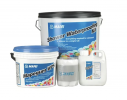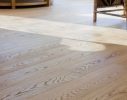Cost to Tile a Bathroom UK
Understanding the Costs of Tiling a Bathroom and labour cost in the UK – 2024
Tiling a bathroom is a transformative and practical way to enhance the aesthetics and functionality of your space.
However, before embarking on this home improvement journey, it’s crucial to understand the costs involved.
In this guide, we’ll break down the factors influencing the cost of tiling a bathroom in the UK, helping you make informed decisions for your project.
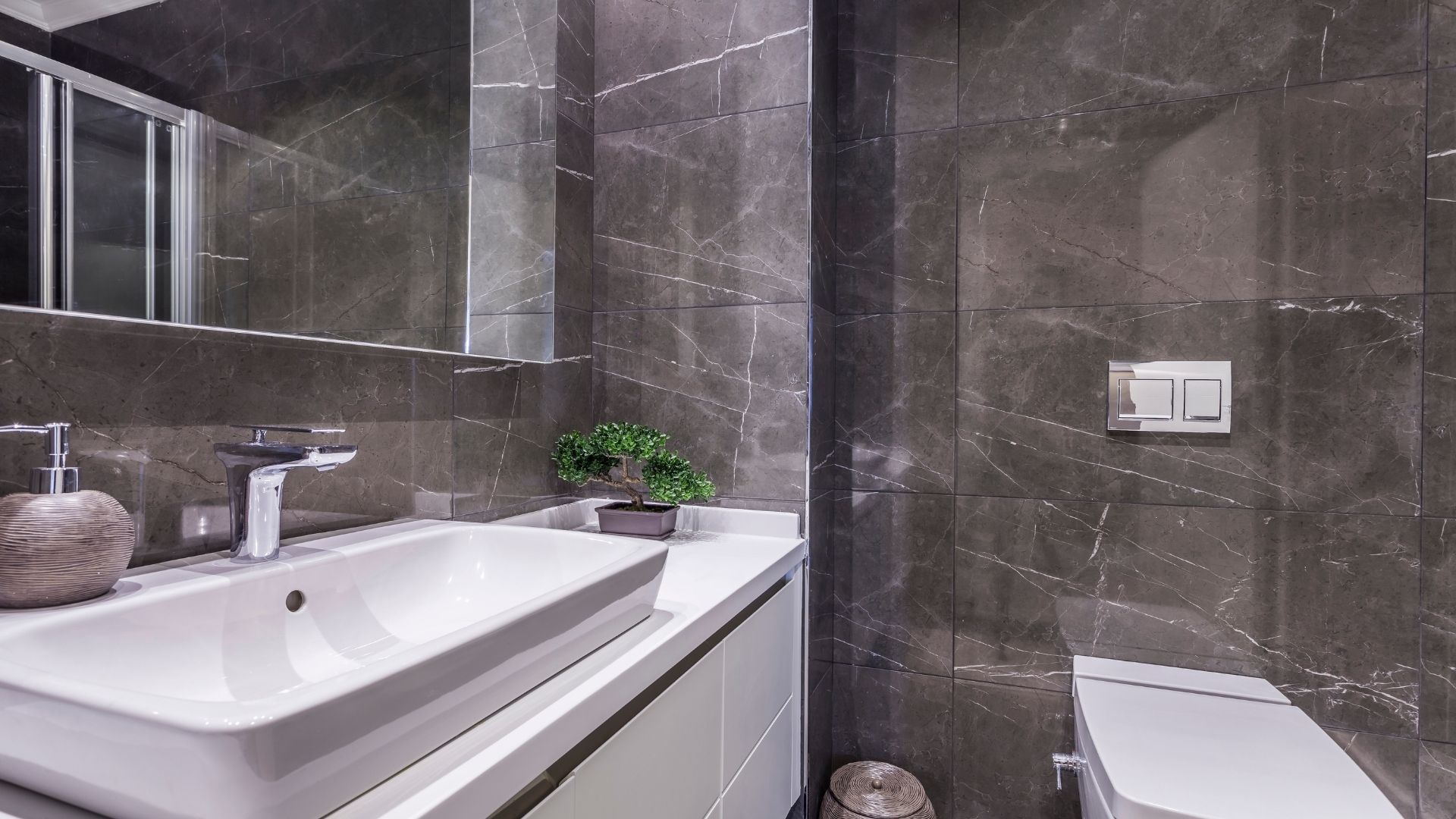
LAST UPDATED: FEBRUARY 29, 2024
How much does it cost to tile a bathroom in the UK?
Standard Bathroom Project Cost:
Home visit: £150
Labour: £250 – £300/day
Tiles cost: £25/m2
Preparation: £250 – £300/day
Waterproofing: £250 – £300/day
Labour Cost: £1000 – £1200
Other Materials: £300
The full project will cost: £2000 – £2300 (excl. VAT)
Contingency: 20%
USEFUL LINKS / CALCULATORS
Bathroom Tiling Budget
Creating a bathroom tiling budget is akin to crafting the foundation for a canvas where elegance and functionality converge.
As you embark on this transformative journey, allocating resources with thoughtful precision becomes imperative. Your budget is not merely a ledger of expenses but a curator of your design aspirations.
Consider it as the compass guiding the selection of tiles, adhesive, and grout, each element contributing to the mosaic of your vision.
In this financial framework, envision the bathroom not just as a utilitarian space but as a sanctuary where every penny spent translates into a tactile and visual feast.
The judicious balance of quality and affordability becomes an art form in itself, where each line item on your budget sheet is a brushstroke contributing to the masterpiece of your revamped bathroom oasis.
The bathroom tiling budget is not a restriction; rather, it’s a roadmap that empowers you to transform your vision into a tangible, tiled reality.
Factors Influencing Tile Costs:
-
Tile Material: The type of tile you choose significantly impacts the overall cost. Ceramic tiles are generally more budget-friendly, while natural stone tiles like marble or granite can be pricier. Porcelain tiles strike a balance between durability and cost.
-
Tile Size and Design: Larger or more intricate tiles may cost more due to increased material and installation time. Consider the size of your bathroom and the desired design when selecting tiles.
-
Tile Quality: Higher-quality tiles may come with a higher price tag but can offer better durability and a more luxurious finish. Assess your budget and priorities when making this decision.
Pricing for Bathroom Tile Installation
1. WALL TILING COST
Labour Costs: Hiring a professional tiler is a wise investment to ensure a quality finish. Labour costs can vary based on the experience of the tiler and the complexity of the job.
-
For standard tiles like 600mm by 300mm, the labour cost for tiling a bathroom is approximately £50-£60 per square meter. If you opt for more intricate tiles, such as small mosaic tiles, the labour cost can be higher, around £120 per square meter.
Preparation Work:
The labor cost for preparing the wall for tiling can vary depending on the condition of the existing plasterboard.
-
If there are damages in the plasterboard that require replacement, the labour cost is typically a day rate around £250-£300. Medium damages can often be addressed within a day.
-
When removing old tiles reveals plywood, especially if it’s black from mold, the removal process can be time-consuming. Extracting plywood covered in glue from the old tiles without damaging the wall studs requires skill. This type of labour also costs around £250-£300 per day. It’s essential to ensure there are no time-wasters on-site to optimise the use of time and resources.
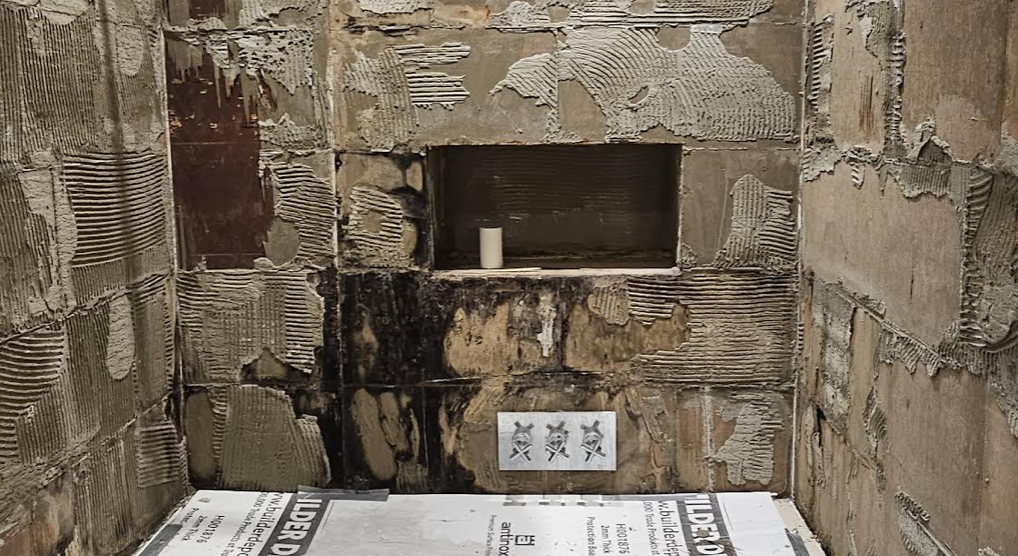
Grout and Adhesive:
-
Choosing the right adhesive and grout is crucial for a successful tiling project. Ask your tiler about the type of adhesive they plan to use, as it can affect both cost and project timeline.
-
Some tilers use quick-dry adhesive to expedite the process. However, this requires advanced skills to ensure a quality finish. Quick-dry adhesive is designed to set rapidly, allowing for a faster completion of the project. If your tiler opts for normal adhesive, be prepared for a longer drying time, typically around 24 hours.
-
The labour cost for standard grout is usually included in the overall labour cost of £50-£60 per square meter. However, if you opt for epoxy grout, the cost is typically added separately. Epoxy grout is harder than standard grout, providing increased durability. Expect an additional labour cost of £40 per square meter for epoxy grout.
2. FLOOR TILING COST
Ensuring a smooth and enduring floor tile installation is contingent upon meticulous preparation. This encompasses readying the surface with precision, be it through floorboard preparation, floor screeding, or the use of cement boards.
The initial step involves guaranteeing a level foundation to preemptively mitigate potential issues during the tile installation phase.
The labour-intensive task of preparing the floor typically involves day work, with costs ranging from £250 to £300 per day per person. This should suffice for a thorough preparation spanning 1-2 days, contingent on the floor area’s size and complexities.
Transitioning to the tiling process, labour costs for installing floor tiles stand at approximately £50 per square meter for standard porcelain tiles such as 600mm by 600mm or 600mm by 300mm.
The key to a successful project lies in engaging a skilled professional tiler from the outset. While the labour cost for floor preparation may seem an investment, it significantly reduces the likelihood of future issues, ultimately saving costs in the long run.
Keep in mind that the allure of saving a few pounds by opting for a less reputable builder can translate into substantial future expenses.
Choosing a qualified and professional tiler is an integral part of a cost-effective and enduring floor tile installation.
Cost to tile a bathroom other considerations:
Waterproofing:
Waterproofing a bathroom is vital for preventing water damage, mould growth, and preserving structural integrity. It safeguards against costly repairs, ensuring the longevity of finishes and maintaining the aesthetic appeal. Compliance with building codes underscores the importance of this proactive measure for a durable and resilient bathroom space.
Please read more about Bathroom Waterproofing HERE…
Materials and Labour Costs:
Waterproofing a bathroom is a cost-effective endeavour. For a standard-size bathroom, a waterproofing kit, available at major retailers (check here) for £50 – £60, covers material expenses. The labour cost, typically a day rate of £250 – £300, is efficient with one skilled professional completing the waterproofing within a single day.
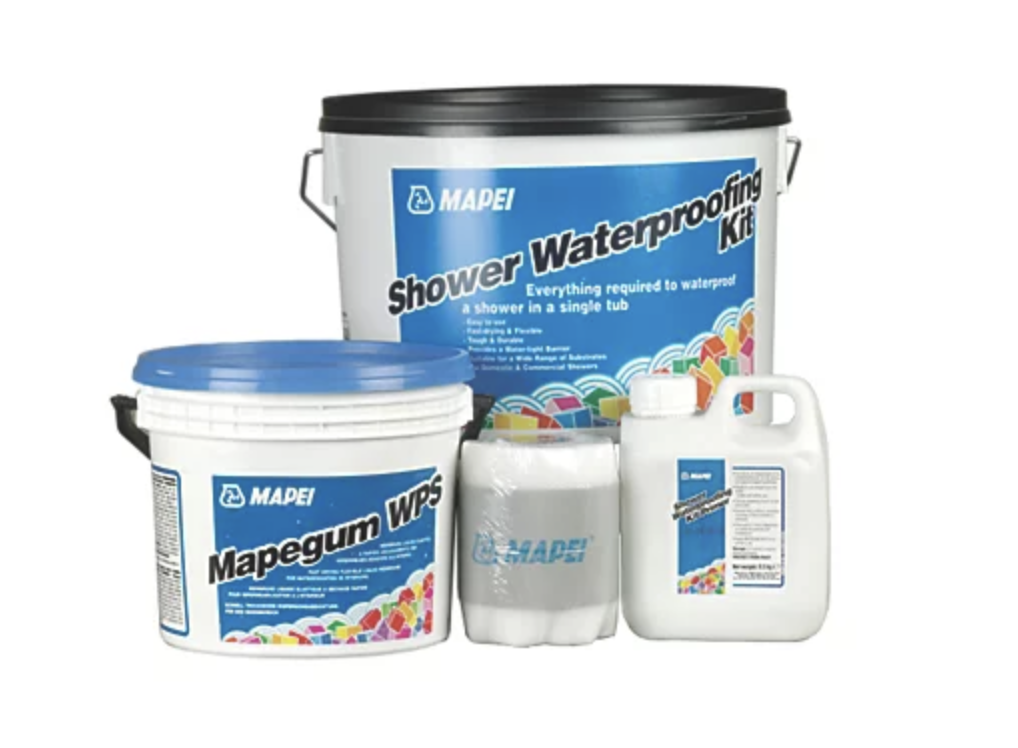
Waste and Overages: It’s advisable to purchase slightly more tiles than needed to account for any mistakes or breakages during installation usually 10%-15%.
Future-proofing and Maintenance: Emphasising the consideration of long-term maintenance costs and future-proofing your investment.
Investing in a bathroom renovation goes beyond the immediate costs; it’s about ensuring the longevity of your investment. Future-proofing involves making choices that not only meet your current needs but also stand the test of time. When it comes to tiles, consider the maintenance requirements of different materials.
Maintenance Costs Over Time:
High-quality tiles may have a higher upfront cost but often come with lower maintenance requirements. Understanding the long-term maintenance costs can help you make a more informed decision about the overall value of your investment.
Durability and Wear Resistance:
Look for tiles that are known for their durability and wear resistance. This can reduce the frequency of repairs or replacements, saving you money in the long run.
Stain Resistance and Easy Cleaning:
Tiles with stain-resistant properties and ease of cleaning can contribute to a bathroom that remains aesthetically pleasing with minimal effort over the years.
Style and Timelessness:
Choose a tile style that aligns with your preferences but also has a timeless appeal. This ensures that your bathroom doesn’t feel outdated, and you won’t be tempted to undergo another costly renovation sooner than necessary.
DIY vs. Professional Tile Installation: Highlighting the pros and cons of DIY versus professional installation.
Deciding between a do-it-yourself (DIY) approach and hiring a professional for tile installation is a critical choice that can impact the overall success and durability of your project.
Pros of DIY tile installation:
-
Cost Savings: DIY projects can save money on labour costs, making it a more budget-friendly option.
-
Personal Satisfaction: Some homeowners enjoy the sense of accomplishment that comes with completing a project themselves.
Cons of DIY tile installation:
-
Lack of Expertise: Tiling requires a certain level of skill and precision. Without experience, there’s a higher risk of mistakes that can be costly to rectify.
-
Time-Consuming: DIY projects often take longer to complete, and time is a crucial factor, especially in a space like the bathroom.
Pros of Professional Tile Installation:
-
Quality Finish: Professionals bring expertise and experience, ensuring a high-quality finish that meets industry standards.
-
Time Efficiency: Professionals can complete the project more efficiently, reducing the disruption to your daily routine.
Cons of Professional Installation:
-
Higher Cost: Hiring professionals typically comes with higher upfront costs, but it can save money in the long run by avoiding potential mistakes.






